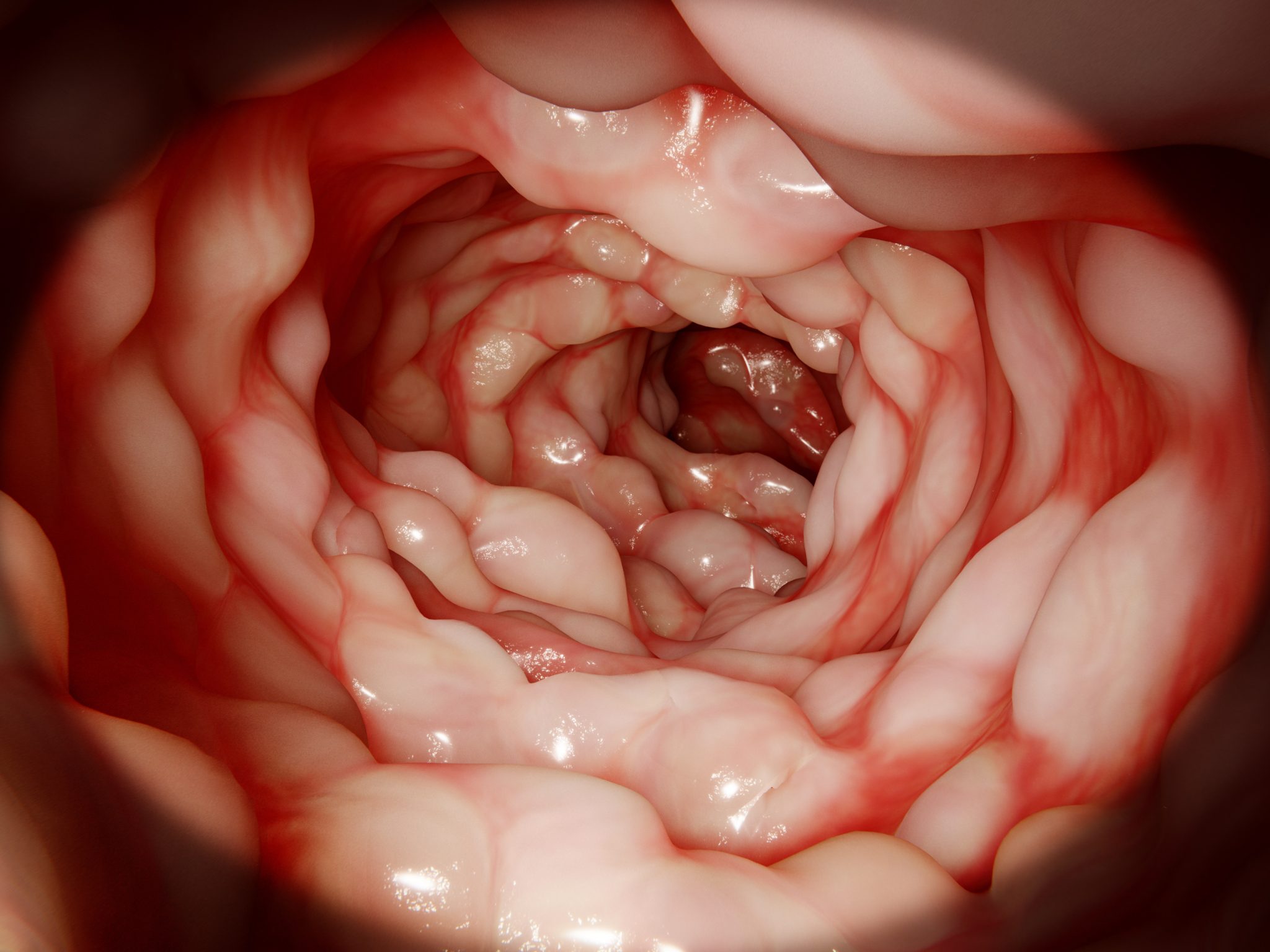Inflammatory bowel disease and irritable bowel syndrome are terms that are often use interchangeably by patients when they are, in fact, two different sets of conditions. As a gastroenterologist, you should educate patients about the differences between the two to avoid confusion when they are in your office for treatment. [Read more…]
Recognizing the Symptoms of Digestive Disorders & Diseases
Vomiting; constipation; belly pain; blood in the stool; indigestion. Any of these symptoms can send patients running to you for a diagnosis, worried about something serious. Are they experiencing something as benign as an anal fissure or something more worrisome like Crohn’s Disease?
Recognizing the symptoms of digestive disorders and diseases will go a long way in reassuring your patients and providing them with a diagnosis and appropriate treatment plan. [Read more…]
Know The Difference: Crohn’s Disease Vs. Ulcerative Colitis
Your patient is experiencing intense abdominal cramps, weight loss, fatigue, and frequent intense bouts of diarrhea. You determine that they are suffering from an inflammatory bowel disease (IBD) but without further testing it could be a toss-up between Crohn’s disease and ulcerative colitis.
While both of these conditions are inflammatory bowel diseases (not irritable bowel syndrome) and have very similar symptoms, they are not the same. This Crohn’s and Colitis Awareness Week, be aware of the symptoms of Crohn’s disease and ulcerative colitis so your patients can get a correct diagnosis and treatment. [Read more…]
Crohn’s Disease: Recognizing the Signs and Symptoms
Crohn’s disease is a chronic inflammatory disease of the gastrointestinal (GI) tract that most commonly affects the end of the small bowel and the beginning of the colon; however, Crohn’s disease could affect any part of the GI tract that extends from the mouth to the anus. The disease affects as many as 700,000 Americans, and was named after Dr. Burrill B. Crohn, who was the first physician to describe the disease in 1932.
Although they share many of the same symptoms and are both classified as inflammatory bowel diseases, Crohn’s disease and ulcerative colitis are not the same. Whereas Crohn’s disease can affect any part of the GI tract, ulcerative colitis is limited to just the colon.
The cause of Crohn’s disease is unknown, but doctors suspect that the condition is developed when the body’s immune system reacts abnormally to bacteria in the GI tract. Crohn’s disease has also been shown to run in families, so you may be at higher risk if anyone in your family has suffered from the condition. Stress and an unhealthy diet have been found to worsen Crohn’s disease, but are not direct causes of the condition. Crohn’s disease affects men and women equally, and normally occurs in individuals between the ages of 15 and 35.
Symptoms Of Crohn’s disease
Since Crohn’s disease can affect any part of the GI tract, signs and symptoms of the condition will vary from patient to patient. In most cases of Crohn’s disease, symptoms usually develop slowly and gradually over time, but can sometimes occur suddenly without warning or previous signs and symptoms. If you have Crohn’s disease, you may go through periods of remission during which you exhibit no signs or symptoms.
Here are the most common symptoms of Crohn’s disease:
- Frequent, excessive bouts of diarrhea
- Rectal bleeding
- Urgent need to experience bowel movements
- Abdominal pain and cramping
- Constipation
- Weight loss
- Fatigue
- Fever
- Mouth sores
- Loss of appetite
- Night sweats
- Irregular menstrual cycle
- Perianal disease
In addition to the signs and symptoms above, you might have Crohn’s disease if you suffer from inflammation of the skin, eyes, joints, liver, or bile ducts. Children who suffer from Crohn’s disease may experience a delay in growth and sexual maturation.
Getting Screened For Crohn’s Disease
If you think you might have Crohn’s disease based on the signs and symptoms listed above, visit your doctor to undergo proper testing. Your doctor may run a series of blood tests, perform a colonoscopy, or perform other procedures to evaluate the health of your GI tract and colon.
See your doctor immediately if you experience any abnormal changes in your bowel movements or if you experience any abdominal pain, bloody stools, ongoing diarrhea, fever, or unexplained weight loss. When left untreated, Crohn’s disease can lead to complications that include bowel obstruction, ulcers, fistulas, malnutrition, anal fissure, and colon cancer.





